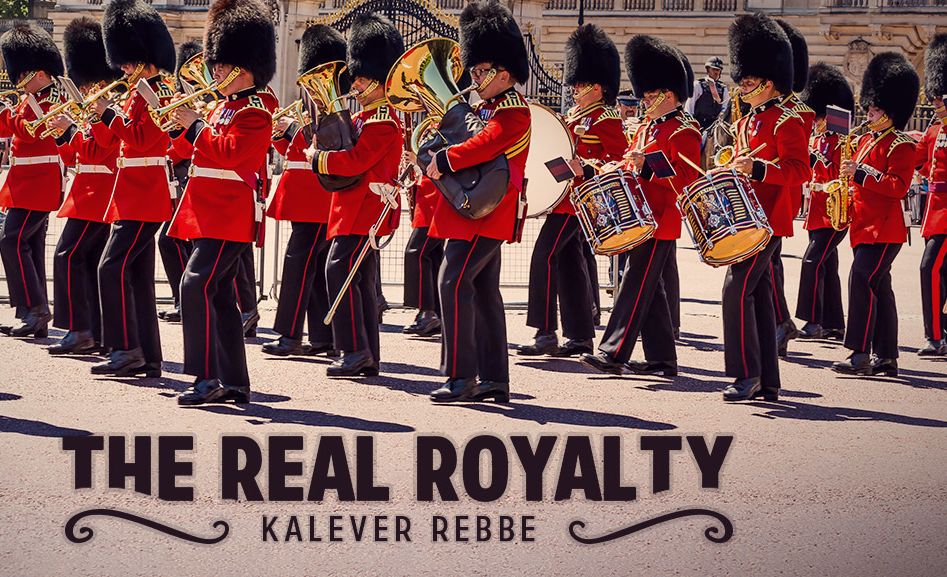
Gotcha Covered!
My job at the Kotel in Jerusalem for seven hours a day was to offer scarves and shawls to women who appeared dressed for the beach, not for Judaism’s holiest site…

Rabbi Arush writes in his book The Garden of Wisdom, “A truly wise man knows that everything he encounters during the day, everything he hears and everything he sees, are all messages from Hashem. He will therefore be attentive to what others tell him, without minimizing the importance of a single human.”
Last summer I got one of the most interesting and difficult jobs I’ve ever had and I’ve had some doozies. It ended recently because winter is coming, but the impact on me will hopefully last forever. I worked for four months in Jerusalem, at the holy Western Wall, as a “Kotel Lady.”
My job, for seven hours a day (half hour break to eat and pray) was to offer scarves and shawls to women who appeared dressed for the beach, not one of Judaism’s holiest sites.
Modest dress is encouraged when visiting The Wall, and although there are signs requesting women to dress modestly, most people ignore them.
I learned to keep a sense of humor at work; otherwise I could have fallen into self-righteous indignation or even worse, melancholy at how low we’ve sunk into secular culture. But as we know from Rebbe  Nachman, despair is to be avoided always! A positive attitude was paramount.
Nachman, despair is to be avoided always! A positive attitude was paramount.
The ability to get women to cover themselves and feel good about it became a personal challenge. I wanted them to remember their Kotel experience as a positive one. I wanted them to remember “that nice lady who gave them a shawl and was so sweet about it” and think that gee, maybe religious people aren’t so bad after all.
I felt wonderful when I got ladies to cover up willingly and even say thank you. Most people understood the concept of dressing respectfully at a holy site. Other times it took tact, charm and a lot of patience. And sometimes nothing worked and they remained dressed as they were. And that’s how they prayed. But they prayed! I chose to focus on the positive side, as Rebbe Nachman tells us to.
Sometimes I got my feelings hurt even though I told myself not to take it personally.
I also tried to put myself in God’s shoes. How painful for HIM to see his daughters dressed so inappropriately. And yet He continues to love and sustain them. He believes in these women and is able to see deeper, to their essence. And I want Him to treat me the same way.
When women (or their husbands) became defensive, I remembered something a wise woman once told me my first week of work. I was describing how the Gentiles were always willing to cover themselves but the Jews were often not only resistant but downright aggressive when I approached them.
“They know the truth. Their souls know,” she explained. “The defensiveness is because they feel conflicted.” This made so much sense. Plus I came to understand that all Jews feel at home at the Kotel, whereas the Gentiles know they’re guests. And when we’re home we dress informally. This gave it a positive spin.
There were lots of military ceremonies at the Kotel. The soldiers were beautiful young men whose immodestly dressed mothers could not have been more proud. Before the speeches started, I was a wreck chasing after them with scarves and shawls and wrap-around skirts. About half were happy to comply but the other half were downright hostile and I think I know why. There has been so much bad press about Observant Jews. And the whole army issue has wrought tremendous dissension and intolerance between the secular and the religious. And there I am, in my headscarf and long sleeves, asking these mothers to cover themselves. They’re dressed to the nines, performing their own personal Akeidas Yitzchak (sacrifice) sending their precious sons off to the army, possibly God forbid, never to return, and I (Miss Religious whose son is probably sitting safe in some study hall) is telling them that they don’t quite make the grade? That spiritually they are remiss? How I wanted to tell them that the commandment of modesty is another form of protection, that it may bring extra merit to our holy Jewish soldiers. But there was no time and no trust. So I was as loving as I could be. Because a mother’s heart is a mother’s heart and her prayers to the Almighty are powerful no matter her dress.
There were days when I wanted to quit. The longer I worked there, the hotter it got and the less clothing people wore. Sometimes even the men needed to cover up. I had tourists telling me my job was stupid and that people have the right to wear whatever they want, no matter where they are. Some people treated me as if I were invisible. They walked right past me while I was speaking to them. I even got called “Hitler,” which I thought was pretty interesting. When I got home I told my husband that I had received the ultimate insult. Surely some of my own sins were forgiven for that!
One afternoon there was an older lady watching me work for a while. She sat down beside me and said, “Dear, you seem like a very nice woman and I want to share something with you.” One of the best parts of the job is meeting new people and having interesting conversations. The Kotel is a magnet for unusual characters. I was about to meet another one. “Go ahead’” I told her.
“Well you know, honey, where I come from, which is a little village in Southern France, we do not wear clothing at all. In fact, our Rabbi says we are allowed to pray completely naked. I see how hard you’re working and I can’t help but think that if you were more accepting of the human body and if you weren’t so upset by it, you wouldn’t need to do this.”
I sat there, dumbstruck. This is really one for the books, I thought. After my shift, I told my supervisor, a tough and beautiful Sephardi woman what had happened. She wasn’t the least bit rattled. “Ahh,” she said casually, “Nudistim.” After so many years at the Kotel, she’s seen it all (pardon the pun).
It was interesting getting to know the regulars. There are people that come to the Kotel every single day. One man always wears a white suit. One lady brings little Breslev books and laminated prayers to give away. The guards just wave them through. Some people spend hours there — they bring a thermos and food and take naps in the chairs. It’s like a big hotel lobby. Where else in the world is there a 24/7 spiritual sanctuary that is completely safe and has clean public bathrooms?
So many funny things happen at the Kotel. I could really write a book, which is what this article will become if I don’t stop soon.
So my main message to you, dear readers, is the importance of looking at people with a positive eye. I had a choice every day to either be dismissing and judgmental or understanding and respectful. The way I interacted with people made a big difference for them in that moment and perhaps further down the line. I remember the first time I ever met my Rabbi, back in the seventies. I was very far from a Torah lifestyle then and my clothing reflected it. After we spoke for a while he said to me, “You’re a good girl. I want you to come learn at my seminary.” I was shocked that a Rabbi would invite me, as I was, to join his program. And I did. That was the beginning of my new life. So the next time you meet someone whose attire (or lack thereof) upsets you, a person you wish would just cover up, remember that there is a holy soul inside there waiting to be uncovered. And it might be by you.








1/11/2017
This is an awesome article
I received a lot of chizzuk from the author's ayin tova. Definitely something I need to work on. Thank you!
1/11/2017
I received a lot of chizzuk from the author's ayin tova. Definitely something I need to work on. Thank you!